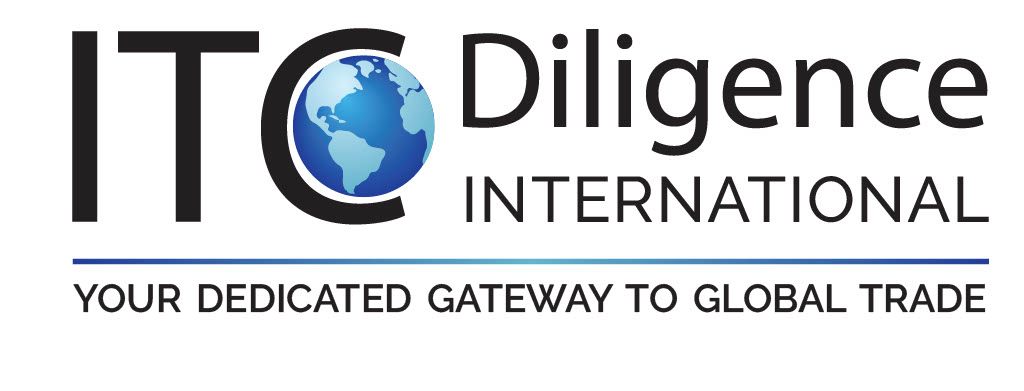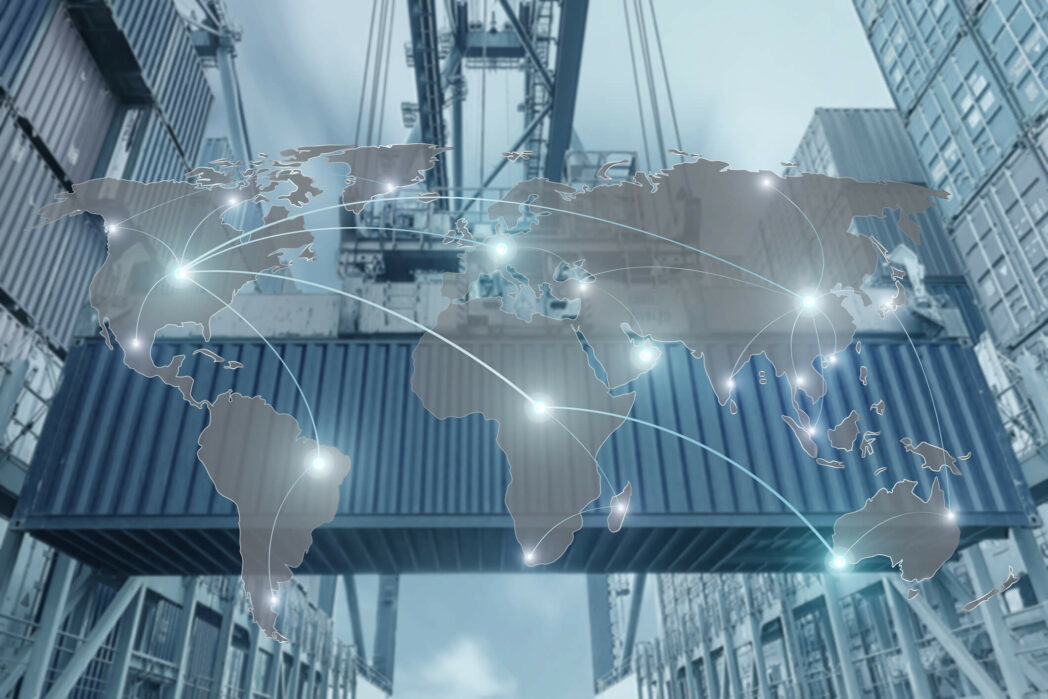The global supply chain is a complex network of suppliers, manufacturers, and distributors that work together to deliver products and services to consumers. It is a critical component of the global economy and its status can have significant impacts on businesses and consumers alike. This blog post provides a status update on the global supply chain, drawing on information from various resources.
Current State of the Global Supply Chain
The global supply chain is currently facing a number of challenges. These include:
Supply chain disruptions: The COVID-19 pandemic has caused significant disruptions to the global supply chain. These disruptions have resulted in delays and increased costs for businesses and consumers.
- The COVID-19 pandemic severely disrupted supply chains globally, with 57% of companies experiencing serious disruptions and 72% reporting a negative effect. At the same time, the crisis accelerated digital transformation in supply chains, with 92% of companies continuing their technology investments during the pandemic. This led to increased resilience, collaboration, and networked operations, with a focus on real-time visibility, efficiency, and re-skilling of supply chain workers.
- The baby formula shortage in the US in 2022 caused by a shutdown of a major production facility and exacerbated by supply chain issues. This led to empty store shelves and families struggling to find formula.
Trade restrictions: Trade restrictions and tariffs have also impacted the global supply chain. These restrictions can increase costs and create uncertainty for businesses.
- Import quotas and high tariffs imposed by the US on solar panels and washing machines in 2018 led to increased prices and uncertainty in the renewable energy and appliance industries.
- Ongoing trade tensions between the US and China have resulted in several rounds of tariffs on goods traded between the two countries. This has increased costs for businesses and consumers.
Labor shortages: Labor shortages in certain industries and regions have also affected the global supply chain. These shortages can lead to delays and increased costs.
- Australia has faced farm labor shortages due to pandemic border closures and restrictions, resulting in crops rotting and rising food costs.
- The UK has faced a shortage of truck drivers due to Brexit employment changes and pandemic impacts. This has caused delivery delays and grocery shortages.
Rising costs: The cost of raw materials, transportation, and labor have all been rising, which can increase the cost of goods and services for consumers.
- Due to surging demand and production delays, the costs of new cars have risen dramatically. High transportation and raw material costs have been contributing factors.
- Global oil and gas prices surged in 2022 after Russia’s invasion of Ukraine. This led to higher transportation and production costs that contributed to inflation.
Recent Developments
There have been several recent developments in the global supply chain. These include:
Increased focus on resilience: In response to the challenges of the past year, many businesses are focusing on improving the resilience of their supply chains. This includes diversifying suppliers, increasing inventory levels, and investing in technology to improve supply chain visibility.
Shifts in trade policy: There have been shifts in trade policy in various countries, which can impact the global supply chain. For example, the U.S. has been reviewing its trade policies and has made changes to some of its trade agreements.
Technological advancements: Technology is playing an increasingly important role in the global supply chain. Advances in areas such as artificial intelligence, blockchain, and the Internet of Things are helping to improve supply chain efficiency and visibility.
Implications for Businesses
The current state of the global supply chain has several implications for businesses. These include:
Increased costs: The challenges facing the global supply chain can lead to increased costs for businesses. These costs can come from higher prices for raw materials, increased transportation costs, and the cost of managing supply chain disruptions.
Supply chain risk management: Businesses need to be proactive in managing supply chain risks. This includes diversifying suppliers, investing in supply chain visibility, and planning for potential disruptions.
Strategic planning: The current state of the global supply chain underscores the importance of strategic planning. Businesses need to be able to adapt to changes in the supply chain and make strategic decisions to manage these changes.
Navigating the Global Supply Chain Landscape
In the complex and dynamic world of the global supply chain, staying informed and adaptable is more important than ever. Businesses are faced with a myriad of challenges, from managing disruptions and navigating changing trade policies, to harnessing the power of technological advancements. Yet, with these challenges come significant opportunities for those able to innovate and adapt.
ITC Diligence International Inc. stands at the forefront of these changes, providing businesses with the insights and strategies they need to navigate this evolving landscape. Their commitment to resilience, strategic planning, and risk management positions them as a trusted partner in the global supply chain.
For businesses seeking to thrive in this environment, engaging with a knowledgeable and experienced partner like ITC Diligence International Inc. can make all the difference. Visit ITC Diligence International Inc. to explore their wealth of resources and services, and how they help streamlining the global supply chain.

